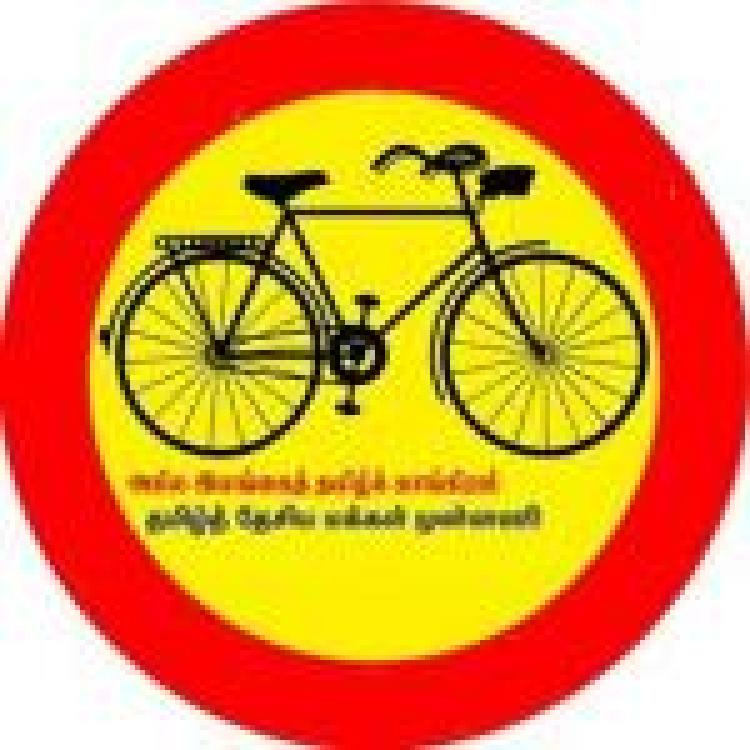
Sri Lankan police removed white cloths from the Borella Kanatte crematorium gate in Colombo last night, with the military, intelligence personnel and police also interrogating and taking photographs of those visiting the site.


The white cloths were tied on the gates of the crematorium on Saturday, as an act of solidarity with the Muslim community, who are grieving their loved ones as a result of being subject to the government’s forced cremations. Public members who went to visit the site last night said that most of the cloths had been removed.


Despite their actions being permitted by the CMC (Colombo Municipal Council) and Borella Kanatte officials as peaceful solidarity, the government officials removed the cloths.
Many locals, activists and politicians across the country continue to show their solidarity with the Muslim community by calling on #StopForcedCremations in Sri Lanka, and encouraged people to extend their solidarity by sharing images on white cloths on social media or going to the crematorium to tie white cloths – while observing social distancing measures.
The World Health Organisation (WHO) health guidelines do not state the Sri Lankan government’s measure of forced cremation of all those who have died due to COVID-19 as obligatory. This measure has been enforced despite the fact that mandating cremations runs in direct violation of traditional Islamic burial practices.
There has been great concern and opposition to the measure, globally and across the island, particularly with the Sri Lanka's rising anti-Muslim sentiment. Last week, UK Minister Nigel Adams, expressed concerns over Sri Lanka’s policy of mandatory cremation. Tamil political party, Tamil National People’s Front (TNPF) said that it will support the burial of Muslim coronavirus victims, with the United Nations, Amnesty International and Organisation of Islamic Cooperation also among organisations opposing the government's enforced measure.


